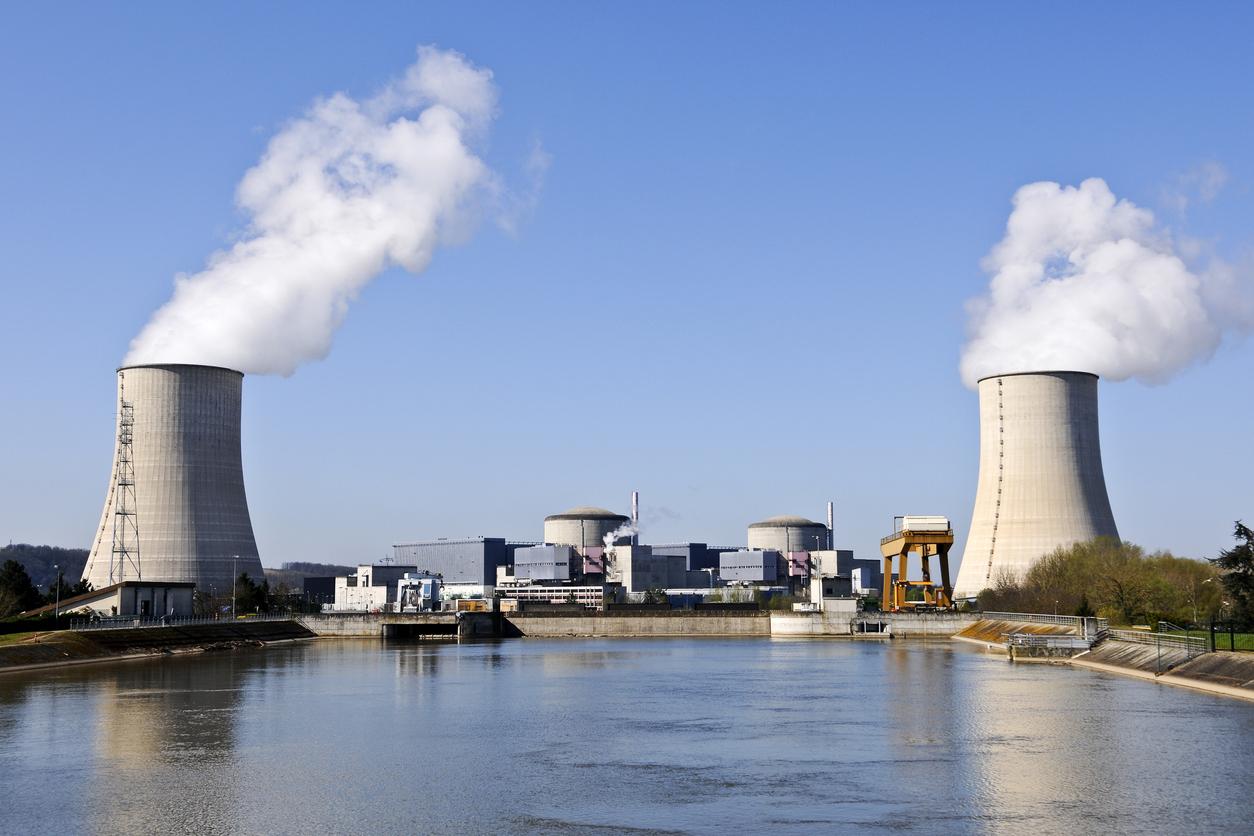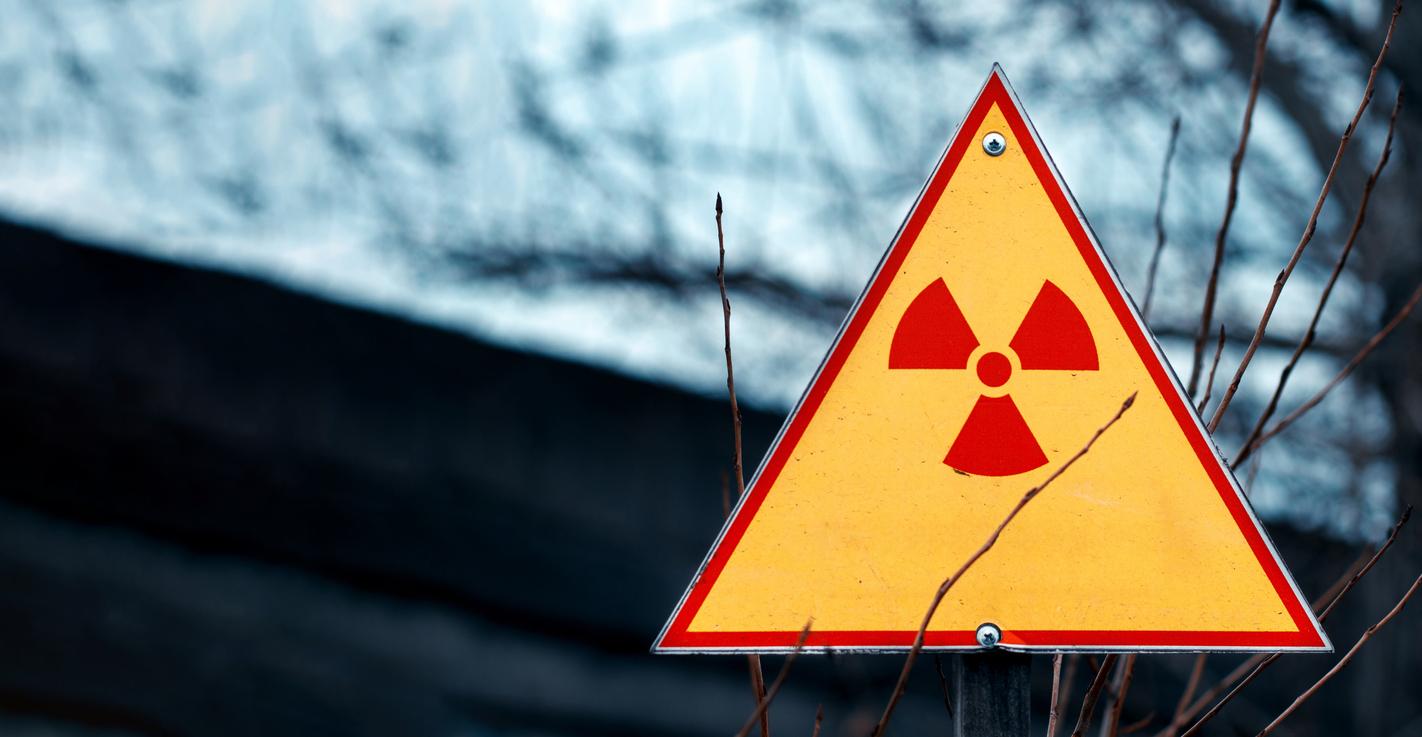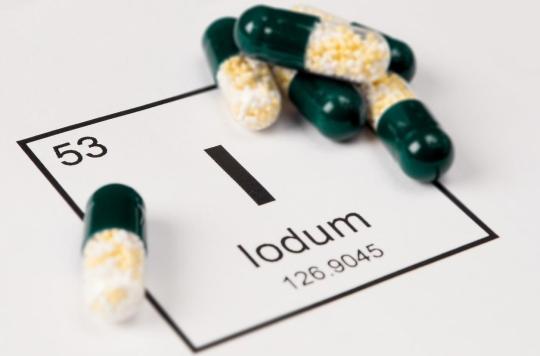The IAEA has conducted an audit of French nuclear security. While the copy is good on the whole, gaps persist in the medical field.

The IAEA (International Atomic Energy Agency) has just completed its mission in France. For twelve days, around twenty international experts scrutinized France’s “regulatory framework” in order to assess the degree of nuclear safety and radiation protection that it guarantees.
“Make sure there are no gaps”
And overall the copy is pretty good. The IAEA considered that the ASN (Nuclear Safety Agency) functioned “as an independent control body”. “It has a robust and efficient organizational structure and it attaches great importance to the impartiality of Commissioners, groups of experts and all of its staff”, we can read in an IAEA press release.
However, the experts have identified several points for improvement, particularly in the field of nuclear medicine. Thus, the Agency considers that the regulatory framework for the control of exposure during radiotherapy or imaging sessions “should be evaluated to ensure that there are no gaps and that coordination between the organizations involved. is appropriate ”.
No further details on this point. “We don’t know if it’s OK because we don’t have enough information,” said Mark Satorius, who heads the US security authority and led this mission in France.
Expected progress
The IAEA is not the first body to point the finger at gaps in French regulations on radiation exposure. ASN thus published the results of the inspections carried out in the 217 nuclear medicine departments between 2009 and 2011.
“While the state of radiation protection is deemed satisfactory overall, progress is expected in terms of staff training in radiation protection of patients and workers, carrying out workstation studies for all staff, internal quality and completeness of waste and effluent management plans ”, writes the Agency.
In fact, the cases of the over-irradiated people of Epinal and Toulouse remind us how fragile this system can be. In France, the ARS (Regional Health Authority) and hospitals are responsible for monitoring patient exposure in terms of radiotherapy and medical imaging, under the regular supervision of ASN.
.
















